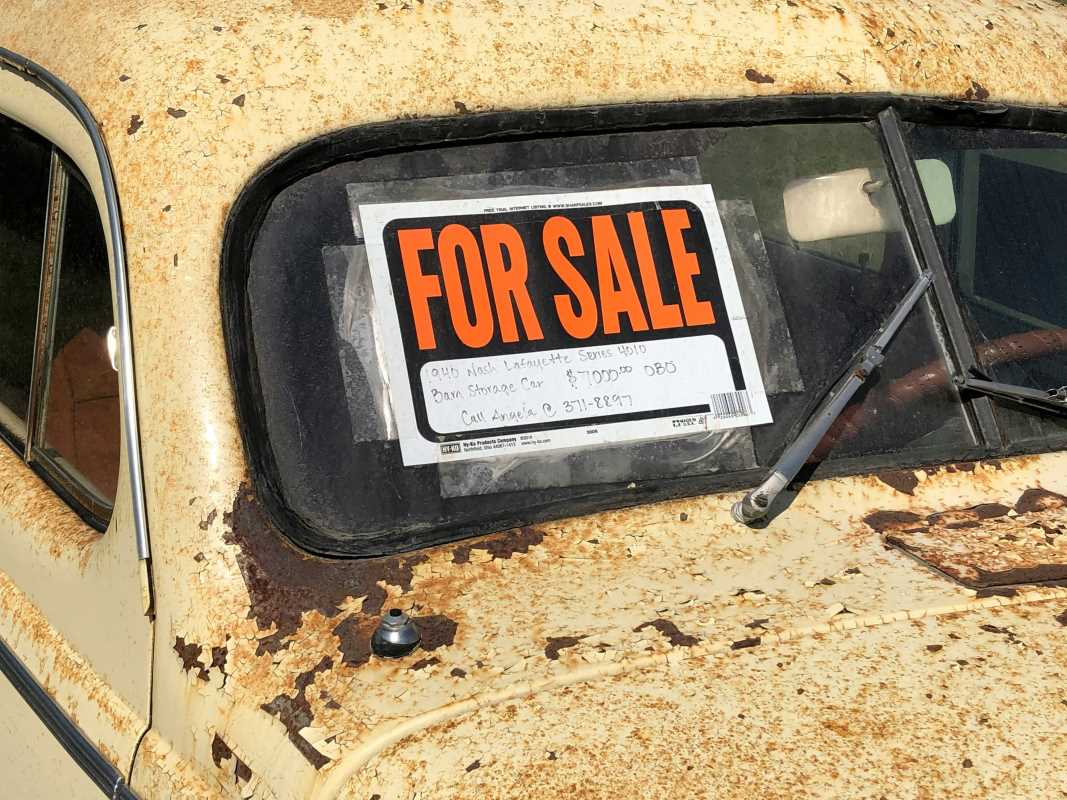Getting your car appraised by a dealer can feel like stepping into uncharted territory. Will the dealer undervalue your beloved ride? Will they inspect every last scratch and flaw? The process can be a mix of mystery and apprehension, but with the right prep work and mindset, you can ensure it goes as smoothly as possible. Here’s a breakdown of what to expect and how to walk in fully prepared.
Breaking Down the Dealer Appraisal Process
A car dealer appraisal is essentially an evaluation of your vehicle’s worth. Dealers go through a thorough inspection to determine how much they’re willing to offer, either as a trade-in or a direct purchase. From the moment you hand over your keys, the clock starts ticking on what’s usually a multi-step process.
Most dealerships begin with a visual inspection. A sales manager or evaluator will circle your car, checking for obvious signs of wear and tear like dents, scratches, or faded paint. Then, they pop the hood for a quick peek at the engine and other components. Dealers aren’t mechanics, but they’ll look for any glaring mechanical issues that could affect the resale value.
Next comes a test drive. They’ll likely take your car for a short spin around the block to assess its performance. They’ll listen for odd noises, test the brakes, and evaluate how smoothly it drives. After that, the dealer will consult valuation tools like Kelley Blue Book or the Black Book alongside current market trends to estimate a fair price.
Paperwork and Prep Work You’ll Need
When prepping for an appraisal, the more organized you are, the better. Walking in with all the right documents not only speeds up the process but also shows the dealer you mean business. Here’s what you’ll want to have on hand:
- The car’s title or payoff information if you still owe money on it
- Maintenance and service records to prove your vehicle has been well cared for
- Vehicle registration to confirm it’s up to date and legally yours to sell
- Any warranty documentation if your car is still covered
Cleanliness counts, too. A freshly washed car with a tidy interior creates a better first impression. While you don’t need to replace the floor mats or buff out every micro scratch, a quick vacuum and wipe-down never hurt anyone.
Condition Is Key
A vehicle’s condition is the most significant factor in determining its value. During the assessment, the dealer is essentially weighing two questions: How well-maintained is your car, and how much work will it need before they can resell it?
If your car is pristine, you’re in luck. Low mileage, no accidents, and recent service history can all work in your favor. On the flip side, excessive wear and tear, fading paint, or mechanical issues will reduce your car’s worth.
One useful prep tip is to perform your own mini-inspection beforehand. Check the tire tread depth, top off any fluids, and even consider fixing minor cosmetic damages like small dings or interior stains. The less work the dealer has to invest, the better the price you’ll get.
Tips to Maximize Your Offer
Getting the best deal during an appraisal isn’t about luck; it’s about strategy. Arm yourself with information and a game plan before walking in. First, do your homework. Use online tools like Edmunds or Kelley Blue Book to get an idea of your car’s trade-in value. Compare that with private sale figures to know what your car is truly worth.
Here are some extra steps to boost your chances of a better offer:
- Clean your car thoroughly inside and out. A polished look can leave a lasting impression.
- Fix small, inexpensive issues like burnt-out bulbs or cracked wiper blades.
- Limit the appraisal to one dealership at a time to avoid “lowball” domino effects.
- Be honest but tactical in discussing any imperfections you know your car has.
Lastly, timing can be everything. Appraise your car when demand is high. For instance, convertibles may fetch a better price in the summer, while SUVs and trucks shine in winter months.
Navigating Negotiations Like a Pro
Once the dealer reveals their offer, the ball is in your court. This is the time to put your negotiation skills to good use. Gone are the days when people just had to accept the first price offered. Now, informed buyers manage to negotiate better deals all the time.
If the offer feels underwhelming, don’t be afraid to push back. Politely ask the dealer to explain their reasoning and use your research as leverage. Remember to focus on the facts rather than emotions during these discussions. Mention the fair market value, condition of your car, or even better offers you’ve seen elsewhere.
While you don’t need to be confrontational, standing your ground is critical. If you’re not satisfied with the offer, there’s no harm in walking away or seeking additional appraisals from other dealers.







